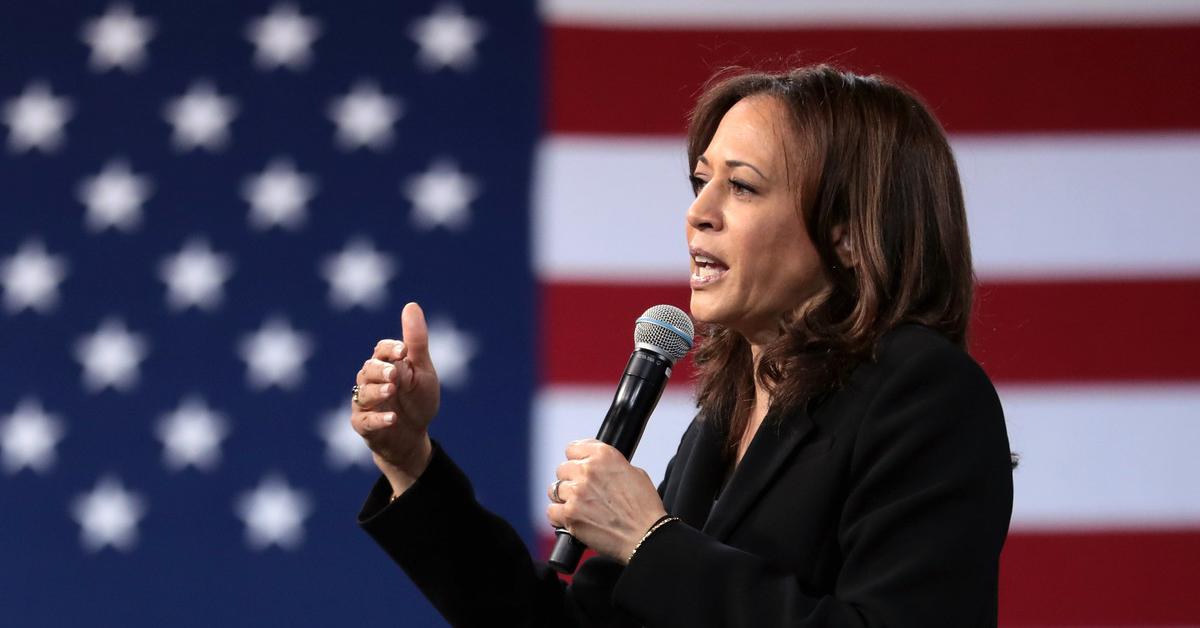Claudia Sheinbaum, a scientist-turned-politician, was elected as Mexico’s first female president, breaking gender barriers in a country known for high rates of violence against women.
Driving the news: Sheinbaum, a leftist former mayor of Mexico City, won with 58% of the vote, making her the protege and hand-picked successor of outgoing President Andrés Manuel López Obrador, a deeply polarizing figure known for his anti-poverty policies and criticisms for disregarding democratic norms and failing to curb cartel violence.
- Supporters of Sheinbaum believe she will continue López Obrador’s policies, particularly in helping the poor, while her opponent Xóchitl Gálvez Ruiz promised to change the course set by López Obrador.
- Her victory is seen as a groundbreaking development in a country where women were barred from voting until 1954 and reflects the efforts toward gender equality in politics.
- Sheinbaum will inherit a strong economy but also crises such as water shortages, a struggling healthcare system, inequality, and severe violence from criminal gangs and cartels.










